No products in the cart.
Sale
Sucantomotide (CAS No. 2378651-62-6) | Immunological Agent for Active Immunization (Antineoplastic)
Original price was: $36.00.$23.00Current price is: $23.00.
Sucantomotide is an immunological agent developed for active immunization research with antineoplastic potential. It is used in immuno-oncology studies, cancer vaccine development, and experimental immunization protocols. For research use only.
Description
Product Description
Sucantomotide (CAS No. 2378651-62-6) is a synthetic immunological peptide specifically designed for active immunization studies with antineoplastic applications. As part of a growing class of tumor-associated antigen peptides, Sucantomotide represents an advanced research tool in the field of immuno-oncology, where the primary aim is to harness the immune system to recognize and destroy malignant cells. Its unique design allows it to act as an immunogen, stimulating adaptive immune responses that can be directed against cancer cells, making it a valuable candidate for cancer vaccine development and experimental immunotherapies.
The rationale for developing peptides such as Sucantomotide stems from the increasing evidence that the immune system plays a central role in controlling tumor progression. Unlike traditional chemotherapeutic agents that directly kill tumor cells through cytotoxic mechanisms, immunological agents like Sucantomotide stimulate the host’s immune system to mount a targeted, durable, and potentially long-lasting defense against malignant cells. This form of active immunization, sometimes referred to as therapeutic vaccination, is designed not only to eliminate existing cancer cells but also to provide immunological memory that can help prevent tumor recurrence.
Sucantomotide fits into the broader category of peptide-based cancer vaccines. These vaccines are designed using short synthetic sequences derived from tumor-associated antigens (TAAs) or tumor-specific antigens (TSAs). Such peptides can be processed and presented by antigen-presenting cells (APCs) via major histocompatibility complex (MHC) molecules, leading to the activation of cytotoxic T lymphocytes (CTLs) and helper T cells. The ability to induce CTLs is particularly important because these cells have the capacity to directly recognize and kill tumor cells expressing the relevant antigen.
In addition to eliciting cytotoxic immune responses, immunological peptides like Sucantomotide contribute to the activation of CD4+ T helper cells, which further support CTL activity and enhance the production of cytokines that sustain anti-tumor immunity. This dual activation of both CD8+ and CD4+ T cells is essential for mounting a robust and effective immune response against cancer.
Research applications of Sucantomotide are broad and encompass multiple domains of cancer immunology. It can be used in studies aimed at identifying optimal vaccine formulations, including the selection of adjuvants that enhance immune recognition, delivery systems such as nanoparticles or liposomes that improve stability and uptake, and combination therapies where peptides are administered alongside immune checkpoint inhibitors or cytokines.
Furthermore, Sucantomotide offers a controlled, reproducible, and well-defined system for studying fundamental immunological principles. As a synthetic peptide, it avoids many of the variability issues associated with natural antigen preparations and ensures high purity for precise experimental results. This makes it suitable for detailed investigations into antigen presentation, immune priming, and tumor immune evasion mechanisms.
From a therapeutic research perspective, Sucantomotide represents a strategic approach to overcoming the limitations of conventional cancer treatments. Chemotherapy and radiation often have significant systemic toxicities and may fail to achieve durable remissions. By contrast, immunization strategies aim to mobilize the immune system in a way that is both specific to the tumor and sustainable over time. The study of Sucantomotide provides insights into how peptide-based vaccines may eventually complement or replace standard therapies in clinical settings.
In summary, Sucantomotide is an advanced immunological peptide designed for active immunization in the field of antineoplastic research. Its role in stimulating antigen-specific T cell responses makes it an indispensable research tool for cancer vaccine development, tumor immunology, and immunotherapy studies.
Product Specifications
| Parameter | Details |
|---|---|
| Product Name | Sucantomotide |
| CAS Number | 2378651-62-6 |
| Category | Immunological peptide |
| Application | Active immunization, antineoplastic research |
| Appearance | White to off-white lyophilized powder |
| Purity | ≥95% (HPLC confirmed) |
| Molecular Formula | Available upon request |
| Molecular Weight | Available upon request |
| Sequence | Synthetic tumor-associated antigen peptide |
| Solubility | Soluble in water, DMSO, or PBS |
| Stability | Stable for 24 months lyophilized at -20°C |
| Storage | Store at -20°C, avoid repeated freeze-thaw cycles |
| Biological Activity | Induces adaptive immune responses in research models |
| Research Use | Cancer immunology, peptide vaccine development, CTL activation |
| Safety Note | For research use only; not for human or veterinary applications |
Detailed Specifications Overview
Sucantomotide is produced as a high-purity, research-grade peptide with batch-to-batch reproducibility ensured through stringent analytical testing. High-performance liquid chromatography (HPLC) and mass spectrometry verification confirm purity levels above 95%, which is essential for achieving reliable biological effects in immunological assays.
The peptide is provided as a lyophilized powder, ensuring stability and extended shelf life. When properly stored at -20°C, it remains stable for up to 24 months. After reconstitution, it is recommended to use the peptide within a limited timeframe to avoid degradation.
Sucantomotide’s solubility in commonly used solvents such as water, DMSO, and PBS makes it adaptable to a variety of experimental setups, including in vitro cellular assays, in vivo immunization studies, and ex vivo analyses of immune responses. Its synthetic origin provides consistency in composition, which is vital for reproducible experimental outcomes across laboratories.
The primary function of Sucantomotide is to act as an immunogen for stimulating antigen-specific immune responses in preclinical cancer models. It is designed for use in studies investigating how peptide-based vaccines can overcome tumor immune evasion, boost CTL activity, and provide immunological memory.
Mechanism of Action & Research Applications
Mechanism of Action
Sucantomotide works through antigen-specific immune activation. Once introduced into an experimental model, the peptide is taken up by antigen-presenting cells such as dendritic cells. Inside these cells, the peptide is processed and presented on MHC molecules, which then interact with T cell receptors on CD4+ helper T cells and CD8+ cytotoxic T lymphocytes.
CD8+ T Cell Activation: Leads to the generation of CTLs capable of directly killing tumor cells expressing the target antigen.
CD4+ T Cell Activation: Provides helper functions through cytokine secretion and support of CTL proliferation.
Immunological Memory: Preclinical models suggest peptide immunization may prime long-lived memory T cells, essential for durable anti-tumor responses.
Synergistic Potential: May enhance efficacy when combined with adjuvants, checkpoint blockade, or cytokine therapies.
Research Applications
Cancer Vaccine Development
Used as a prototype peptide for testing new vaccine platforms.
Helps optimize delivery systems like nanoparticles or liposomes.
Serves as a benchmark for immunogenicity studies.
Tumor Immunology Studies
Provides a reproducible model antigen for studying tumor-immune interactions.
Used to explore immune escape mechanisms.
Facilitates experiments on CTL cytotoxicity and cytokine production.
Combination Immunotherapy Research
Investigated in synergy with immune checkpoint inhibitors.
Studied with adjuvants that boost T cell priming.
Potentially tested in adoptive T cell transfer models.
Basic Immunological Research
Enables controlled studies on antigen presentation pathways.
Used in comparative research with other tumor-associated antigen peptides.
Supports the study of immune tolerance vs. activation dynamics.

Side Effects
Since Sucantomotide is strictly for research use, it has no defined clinical side effects in humans. However, when used in preclinical models, certain immune-related responses may occur and should be noted for experimental design purposes.
Potential Experimental Effects
Immune Overstimulation: High doses may trigger excessive T cell activation and inflammation.
Cytokine Release: Could elevate pro-inflammatory cytokine levels in animal models.
Autoimmunity Risks: Antigenic peptides sometimes induce responses that cross-react with self-tissues.
T Cell Exhaustion: Prolonged stimulation may reduce T cell efficacy over time.
Safety Considerations
Dose-response studies are essential to balance immune activation and safety.
Appropriate adjuvant selection is critical to avoid systemic toxicity.
Monitoring cytokine profiles helps assess inflammatory responses.
Cross-reactivity studies ensure specificity of immune activation.
Overall, Sucantomotide demonstrates a favorable preclinical safety profile as a research peptide, though immune-mediated effects should be carefully evaluated in experimental settings.
Disclaimer
For laboratory research use only. Not for human or veterinary applications.
Keywords
Sucantomotide, CAS 2378651-62-6, immunological peptide, active immunization peptide, cancer vaccine peptide, antineoplastic peptide, tumor antigen peptide, CTL activation peptide, immuno-oncology research
Additional information
| Weight | 0.7 kg |
|---|---|
| Dimensions | 42 × 53 × 42 cm |
What is Sucantomotide?
Sucantomotide is an immunological peptide used for active immunization in cancer research.
What is its CAS number?
CAS No. 2378651-62-6.
How does Sucantomotide work?
It activates antigen-specific T cells, enhancing immune responses against tumor cells.
What are its primary research applications?
Cancer vaccine development, immuno-oncology, and antigen presentation studies.
Is Sucantomotide soluble in water?
Yes, it dissolves in water, PBS, and DMSO.
What purity is available?
≥95% (HPLC confirmed).
Can Sucantomotide be used in humans?
No, it is strictly for laboratory research use.
What storage conditions are recommended?
Store lyophilized peptide at -20°C.
Does it induce immunological memory?
Preclinical studies suggest potential for long-term immune priming.
Why is Sucantomotide important in cancer immunology?
It provides a reliable model for studying immune activation and tumor vaccine strategies.

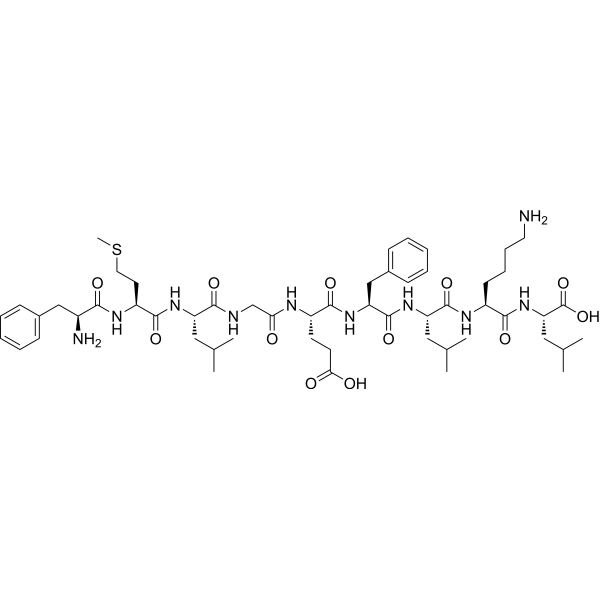
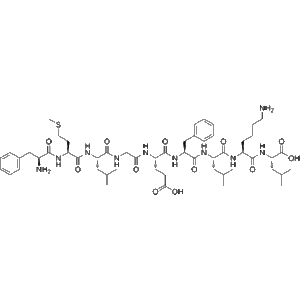


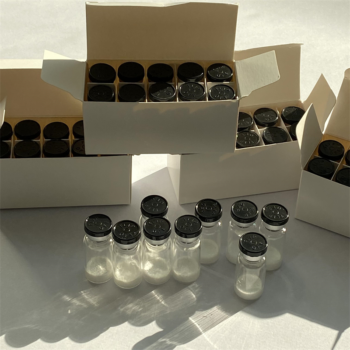
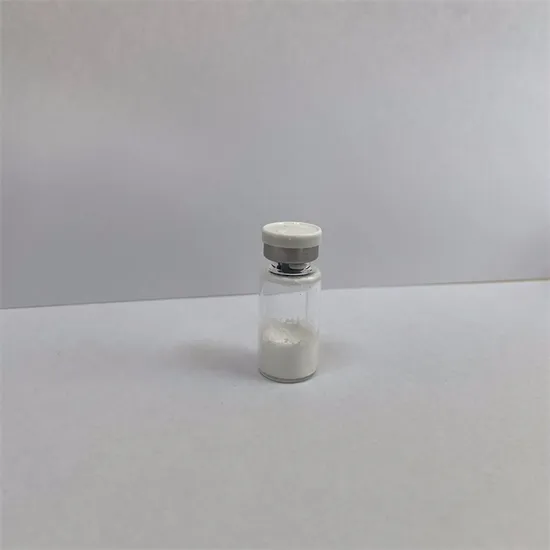
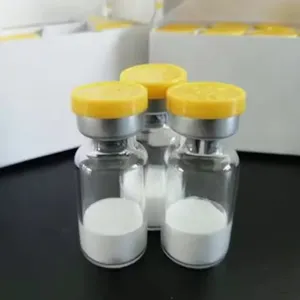

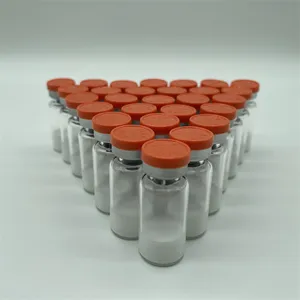
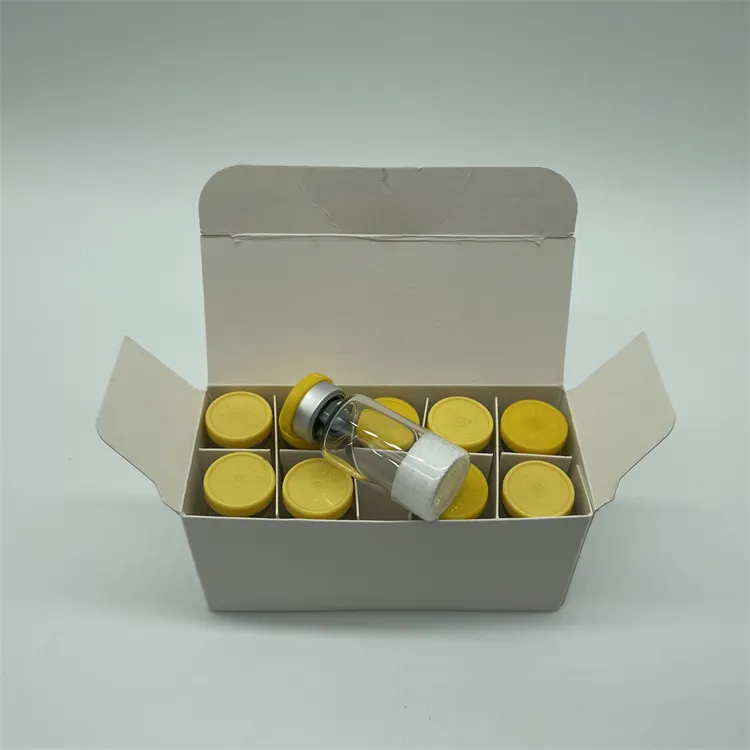
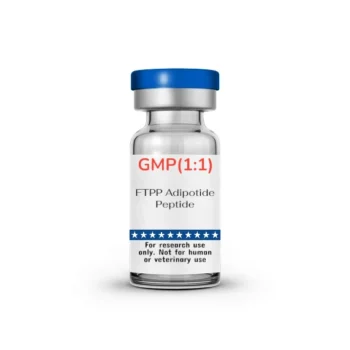
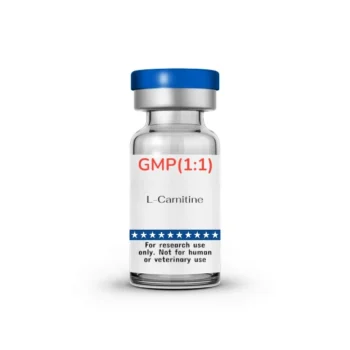
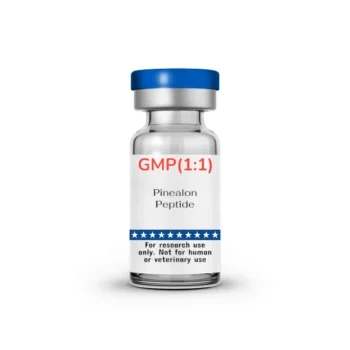


Reviews
There are no reviews yet.